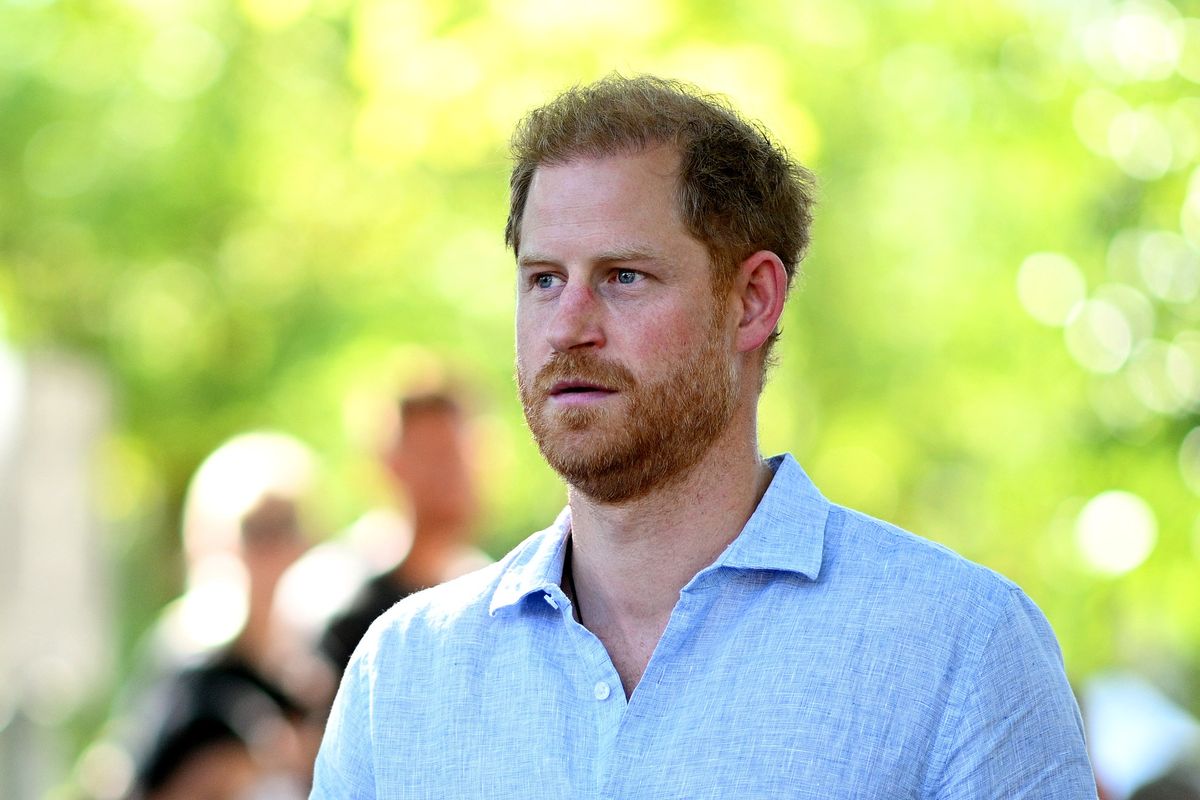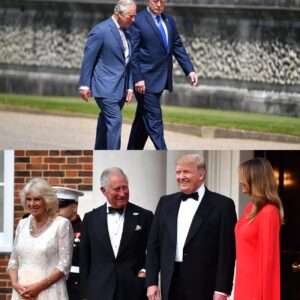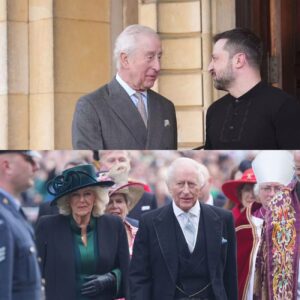
Prince Harry has been ordered to explain himself by a judge after a News Group Newspaper (NGN) lawyer accused the Duke of Sussex of “deliberately destroying evidence”.
The Duke of Sussex’s autobiography, Spare, was ghostwritten by JR Moehringer
Prince Harry has been ordered to explain himself by a judge after a News Group Newspaper (NGN) lawyer accused the Duke of Sussex of “deliberately destroying evidence”.
The Duke of Sussex was asked to explain how communications with the ghostwriter of his memoir were destroyed.
Mr Justice Fancourt described it as “troubling” that a large number of messages between Harry and JR Moehringer were wiped “well after” the royal launched phone hacking claims against NGN.
NGN is seeking the release of emails, text messages and WhatsApp messages sent and received by the royal and material held on two encrypted hard drives.

Prince Harry has been ordered to explain himself by a judge after a News Group Newspaper (NGN) lawyer accused the Duke of Sussex of “deliberately destroying evidence”.
Getty
Records of communication between Harry and King Charles’s private secretary, Sir Clive Alderton and Keeper of the Privy Purse and treasurer to the King, Sir Michael Stevens, have also been requested.
Prince Harry’s autobiography, Spare, was ghostwritten by JR Moehringer. The book was published in January 2023 and shattered many records across UK publishing.
NGN wants access to the messages exchanged between King Charles’s youngest son and JR Moehringer.
David Sherborne, representing Harry, said the duke and his writer communicated via Signal but their chat history was wiped before the book was published.

Prince Harry’s autobiography, Spare, was ghostwritten by JR Moehringer.
Anthony Hudson KC, for NGN, claimed that Harry had deliberately destroyed evidence.
Hudson said Harry had been “trying to create an obstacle course” in a bid to prevent the publisher from obtaining potential evidence.
“There ought to be proper evidence about this,” he told the court. “Those messages are clearly within his control, even if they have been deleted.
“That’s why we say the search for texts and WhatsApps is important.
“It is, I’m afraid we say, another example of the obfuscation in relation to the claimant’s case. We say it’s shocking and extraordinary that the claimant has deliberately destroyed…”





